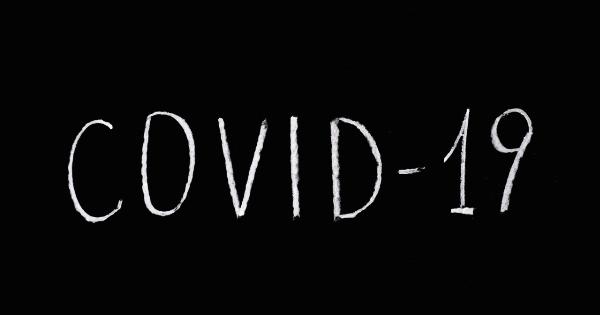Ischemic disease refers to a condition where there is a lack of blood flow and oxygen to a certain organ or body part. This can be severe in pregnant women and can lead to negative outcomes for both the mother and the baby.
In this article, we will explore the identification of at-risk women for ischemic disease during pregnancy.
What Causes Ischemic Disease in Pregnancy?
Ischemic disease can be caused by various factors, including:.
- Pre-existing medical conditions, such as high blood pressure, diabetes, or heart disease
- Preeclampsia
- Placental insufficiency
- Infections
Symptoms of Ischemic Disease in Pregnancy
Recognizing the symptoms of ischemic disease in pregnancy is crucial for early detection and appropriate management. Some common symptoms include:.
- Chest pain
- Shortness of breath
- High blood pressure
- Swelling or edema
- Headaches
- Vision changes
- Decreased fetal movement
Identifying At-Risk Women
Identifying women who are at risk for ischemic disease during pregnancy is important, as early detection and intervention can improve outcomes for both mother and baby.
Some factors that may increase the risk of developing ischemic disease during pregnancy include:.
- Advanced maternal age (35 years or older)
- Pre-existing medical conditions such as high blood pressure, diabetes, or heart disease
- Previous pregnancy complications such as preeclampsia or placental insufficiency
- History of infertility treatments
- Smoking or drug use
- Obesity
Screening for Ischemic Disease
Screening for ischemic disease during pregnancy typically involves regular prenatal visits with a healthcare provider. Some tests that may be used during screening include:.
- Ultrasound to monitor fetal growth and detect any abnormalities in the placenta
- Doppler ultrasound to assess blood flow in the umbilical artery
- Non-stress test to monitor fetal heart rate
- Maternal blood tests to check for anemia, infection, and other conditions
- Urine tests to check for protein and other signs of preeclampsia
Treatment and Management
If ischemic disease is detected during pregnancy, treatment and management will depend on the severity and underlying cause of the condition. Some possible interventions may include:.
- Bed rest or reduced activity levels
- Medications to control blood pressure or prevent blood clots
- Delivery of the baby if there is a risk to the mother or the baby’s health
- Close monitoring of fetal growth and development
Conclusion
Identifying women who are at risk for ischemic disease during pregnancy is crucial for early detection and appropriate management.
Regular prenatal visits with a healthcare provider, along with appropriate screening tests, can help identify and manage this condition and improve outcomes for both mother and baby.































